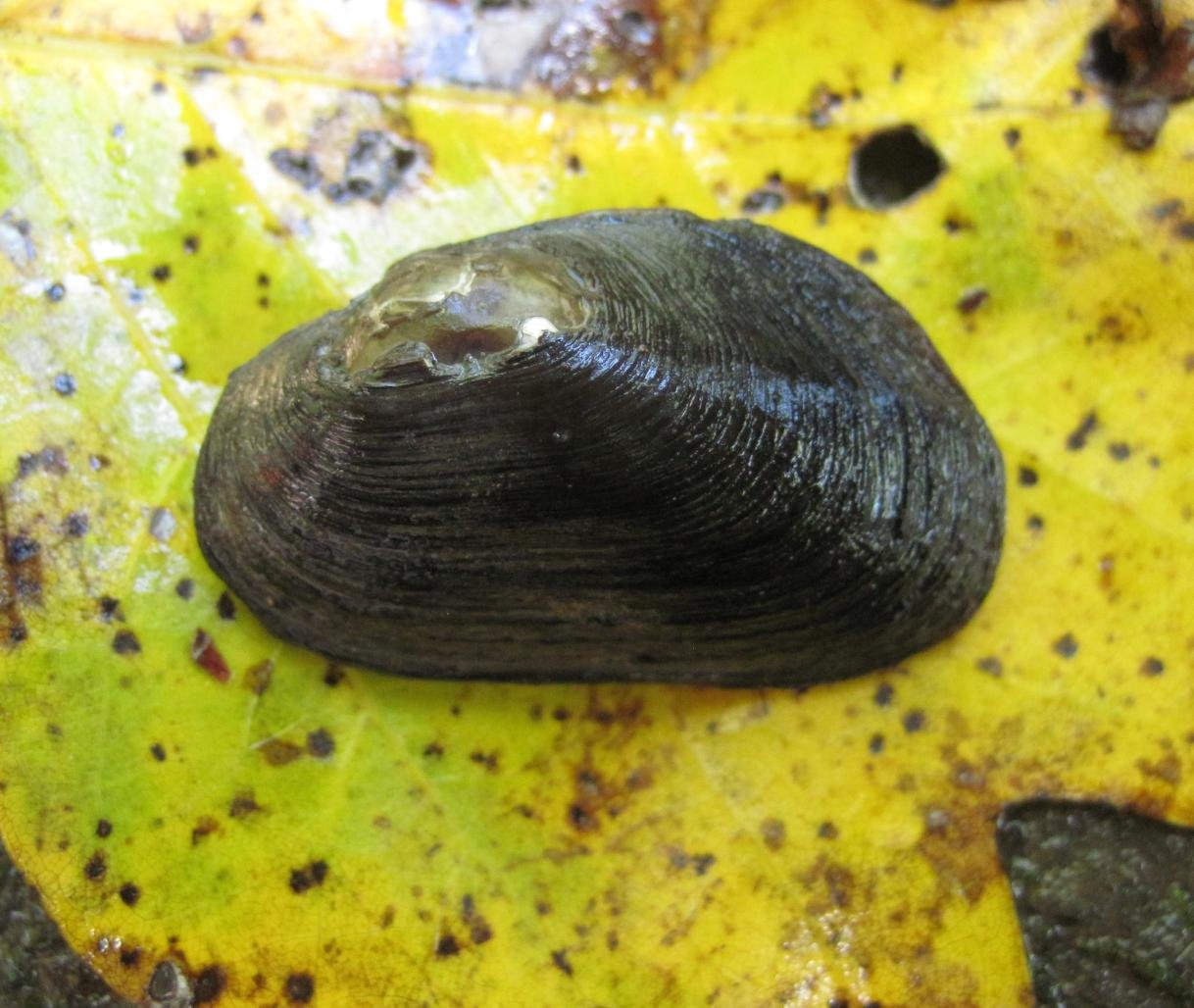Rare ‘Solstice Creekmussel’ Discovered in North Carolina Streams — Scientists Confirm New Species
RALEIGH, N.C. — Biologists with the North Carolina Wildlife Resources Commission (NCWRC) have confirmed the discovery of a new freshwater mussel species living in state streams — a find that underscores both the diversity and fragility of North Carolina’s river ecosystems.
Discovery of the Solstice Creekmussel
The newly identified species, named the Ligodonta obscura, or Solstice Creekmussel, was first collected in 2016 but officially recognized this year following detailed morphological and genetic testing.
Scientists noticed subtle differences between this mussel and other known species, including the green floater.
“We noticed that some of the shell characteristics, particularly the internal teeth, did not align with those of the green floater,” said Brena Jones, the NCWRC’s Landscape Conservation Coordinator. “We were able to use genetic analysis to confirm that this mussel was indeed a unique species in its own taxonomic group.”
(Source: Yahoo News)
A Hidden Gem of the Yadkin-Pee Dee River System
The Solstice Creekmussel was found within a 4-mile stretch of stream in the Yadkin-Pee Dee River system, an area known for its biodiversity but also for facing habitat degradation due to pollution, sedimentation, and urban expansion.
Because of its limited habitat range, researchers classify the new species as “highly vulnerable” and at immediate conservation risk.
“This species’ discovery reminds us how much there still is to learn about North Carolina’s aquatic ecosystems,” said Michael Perkins, NCWRC’s Aquatic Wildlife Diversity Coordinator.
Why Freshwater Mussels Matter
Freshwater mussels like the Solstice Creekmussel are considered “ecosystem engineers” — organisms that help filter water, remove impurities, and stabilize streambeds. Their presence often indicates a healthy waterway, making them valuable indicators of environmental change.
“These mussels play a crucial role in cleaning waterways,” Perkins said. “Protecting their habitats directly supports water quality and the overall health of our rivers.”
Conservation Efforts Underway
The NCWRC, along with state and federal conservation partners, plans to continue monitoring the population while studying potential measures to protect it from runoff and habitat fragmentation. Efforts include restoration of riparian buffers and monitoring of water quality within the Yadkin-Pee Dee basin.
Researchers hope that this discovery will raise awareness about freshwater conservation in North Carolina — a state home to some of the most diverse mussel species in the United States.
Have you explored North Carolina’s rivers or spotted rare wildlife in your area? Share your experiences and photos with SaludaStandard-Sentinel.com.







